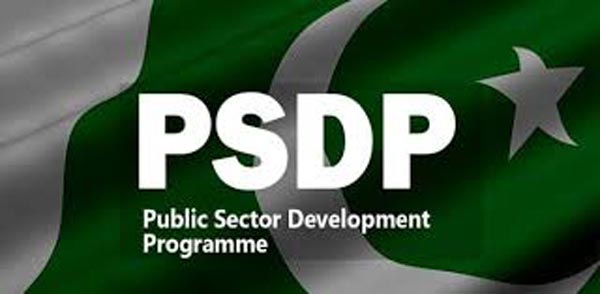A parliamentary committee was informed that the Public Sector Development Programme (PSDP) for fiscal year 2024-25 includes 1,071 projects, comprising 85 foreign-funded initiatives, 30 core projects, 105 nearing completion, six designated for special areas, 738 ongoing projects, and 107 newly introduced ones.
The National Assembly Standing Committee on Economic Affairs Division, chaired by Muhammad Atif, discussed a shift in development priorities toward core, foreign-funded, and near-completion projects to optimise resource utilisation and ensure timely completion.
The committee emphasised the need to maintain economic stability and align development priorities with evolving government objectives. It called for coordination among stakeholders, including political leaders, to streamline policies and prevent disruptions in economic planning.
The panel reviewed the country’s development policy framework, highlighting a multi-tiered approach that includes a long-term perspective plan aligned with national goals, a mid-term strategy focusing on the next five years, and a short-term plan for immediate objectives and resource allocation.
During the meeting, the committee was briefed on a proposed 10-year strategic partnership with the World Bank, initially valued at $20 billion, with the potential to expand to $40 billion. The partnership will prioritise key areas such as nutrition, disaster preparedness, foundational education, and private sector involvement to strengthen the development process.
The committee also discussed the need for reforming the non-governmental organizations (NGOs) policy, which has remained unchanged since 2013. It noted that delays caused by legal proceedings in the high court have hindered NGO-led development initiatives. Urging a swift resolution, it emphasized the importance of facilitating NGOs in contributing effectively to national development.
Concerns were raised over the Pakistan Center for Philanthropy’s (PCP) fee structure for NGOs, with the committee recommending amendments to existing laws. It highlighted international practices where registered NGOs receive income tax exemptions and advocated for similar measures in Pakistan to encourage philanthropic efforts.
To ensure timely completion of federal government projects, the committee called for adequate rupee cover for ongoing initiatives. It stressed the need to optimize funding utilization and expedite project delivery, underscoring a commitment to strategic planning, policy reforms, and economic sustainability.




